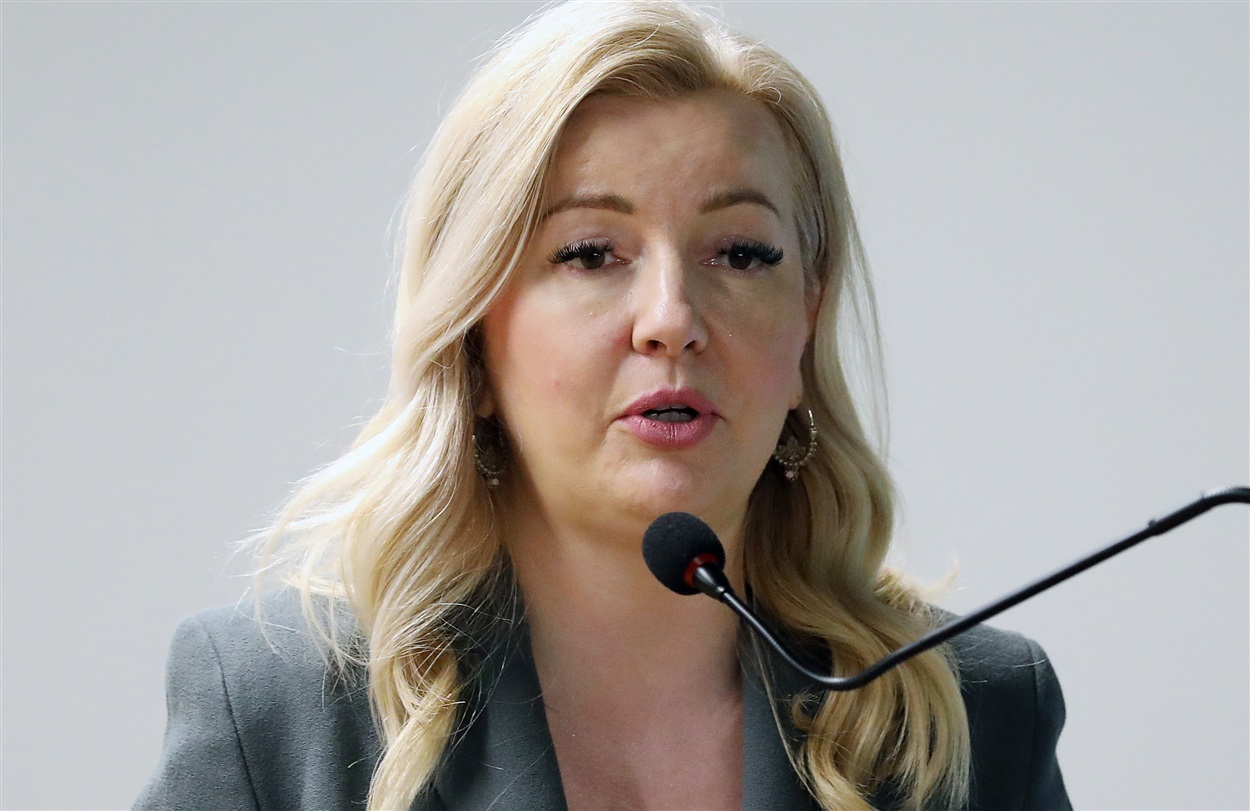
Zagreb - State Secretary at the Labour Ministry Margareta Mađerić said on Thursday that the proposed amendments to the Act on Regulated Professions and Recognition of Foreign Professional Qualifications were aimed at securing equal access to the labour market and facilitate movement for workers in all EU member countries under equal conditions.
Presenting the amendments in the parliament, Mađerić said that the amendments guarantee persons who have acquired their professional qualifications in a Member State as well as in a third country access to the same profession and the same rights as Croatian citizens in pursuing that profession in Croatia.
The purpose of the amendments is to align national laws with the Directive (EU) 2018/958 of the European Parliament and of the Council of 28 June 2018 on a proportionality test before adoption of new regulation of professions.
The directive includes an obligation for Member States to conduct beforehand a proportionality test in order to prevent the introduction of unjustified requirements restricting access to, or the pursuit of, regulated professions.
Mađerić said that the amendments were expected to result in greater mobility of experts and freedom to provide services.
During the ensuing debate on the amendments, SDP MP Sanja Radolović pointed to problems encountered by nurses who have foreign qualifications and want to work in Croatia and who are treated as if they had only primary school qualifications, being forced to attend around 2,500 hours of additional education programmes. But if they want to go to Germany and work there, they just need to pass a B2 level German language test and can start working, she said.
"Everybody is complaining about labour shortages but our system of recognition of foreign education qualifications is in a shambles. It is burdened by excessive administration and lack of any understanding for users," Radolović said.
Social Democrats MP Željko Pavić called for making it possible for foreign nationals with regulated professions wishing to work in Croatia to submit their documents digitally with a digital signature so that they can be digitally processed.